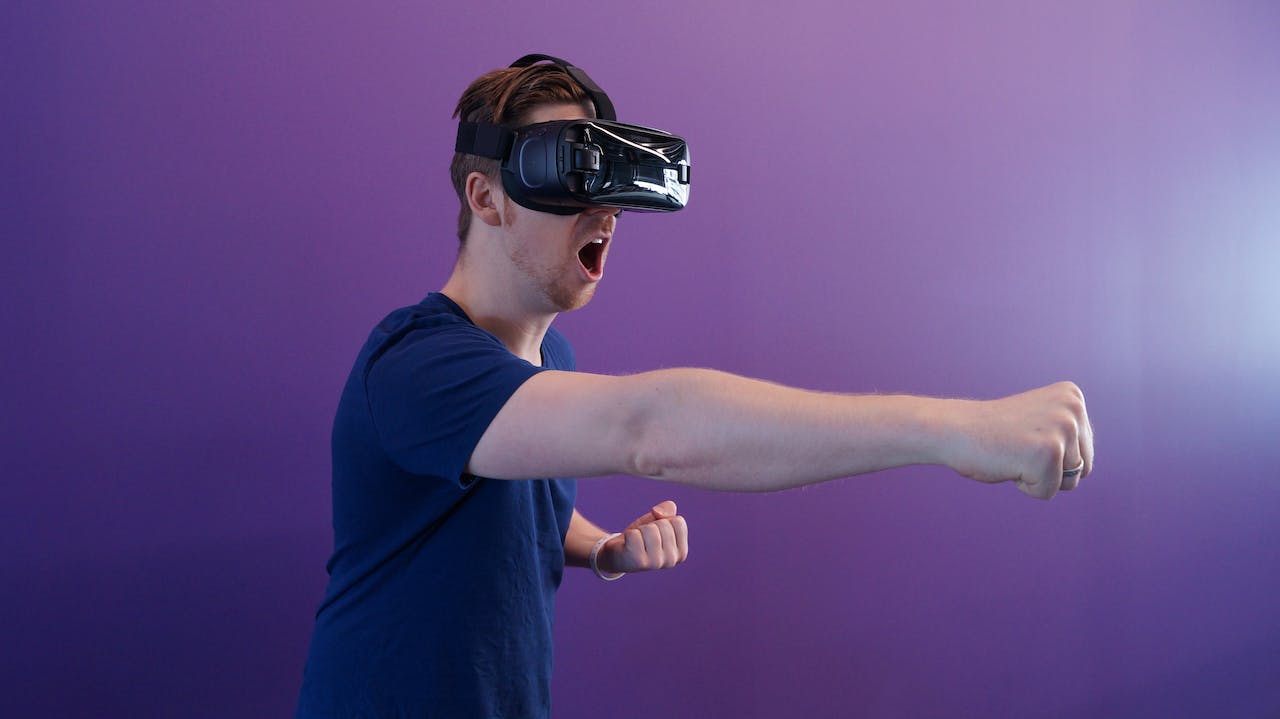Mental Health
Teens Find Stress Relief in Snowy Virtual World, Study Shows

(Photo : Eugene Capon / Pexels)
Teens are grappling with an array of stressors, from social media pressures to the challenges of online learning and the ongoing climate crisis. Amidst these challenges, their mental health has seen a sustained decline, worsened by the strains of the COVID-19 pandemic.
Addressing this crisis, University of Washington researchers explored the potential of virtual reality (VR) technology in alleviating stress and enhancing mental health among adolescents.
The study, published in the journal JMIR XR and Spatial Computing on April 22, investigated the efficacy of a snowy virtual world, termed RESeT (Relaxation Environment for Stress in Teens), in reducing stress levels for Seattle teens. Designed collaboratively with adolescents, RESeT offers six immersive activities, including rock stacking and painting, inspired by practices known to bolster mental well-being.
Over the course of a 3-week study involving 44 Seattle teenagers, researchers observed that participants voluntarily engaged with the VR technology an average of twice weekly, reporting lower stress levels and improved mood during usage. However, the study did not reveal a significant reduction in overall anxiety and depression levels among participants.
Lead author Elin Björling, a senior research scientist at the University of Washington, underscored the importance of making evidence-based stress-reducing techniques accessible to teenagers outside traditional counseling settings.
The RESeT platform aims to provide engaging and accessible interventions, leveraging VR technology to empower teens to manage their mental well-being independently.
"We know what works to help support teens, but a lot of these techniques are inaccessible because they're locked into counseling, which can be expensive, or the counselors just aren't available," Björling explained as per Science Daily.
"So we tried to take some of these evidence-based practices, but put them in a much more engaging environment, like VR, so the teens might want to do them on their own."
The development of RESeT stemmed from extensive discussions with teens at Seattle Public Library sites, highlighting the importance of user-centered design in creating a welcoming and effective virtual environment.
Activities within RESeT, such as "Riverboat" and "Rabbit Hole," are tailored to promote relaxation and mindfulness, drawing from therapeutic approaches like dialectical behavior therapy.
"Reduced stress and improved mood are our key findings and exactly what we hoped for," noted co-author Jennifer Sonney, an associate professor in the UW School of Nursing who works with children and families.
While the study demonstrated promising results in reducing stress and enhancing mood, researchers aim to conduct larger and longer-term studies to assess the lasting impacts of VR interventions on adolescent mental health.
Furthermore, they envision integrating artificial intelligence to personalize the VR experience and exploring avenues for community access to VR technology in schools and libraries.
The research team includes co-authors Himanshu Zade, Sofia Rodriguez, Michael D. Pullmann and Soo Hyun Moon, with funding provided by the National Institute of Mental Health through the UW ALACRITY Center, dedicated to advancing mental health research at the University of Washington.









Join the Conversation